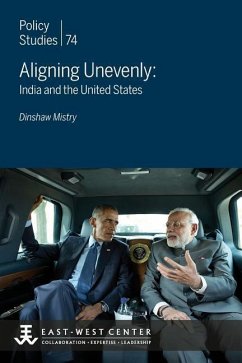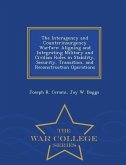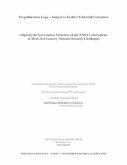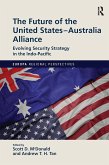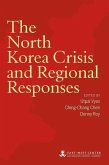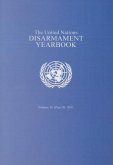In the early and mid-2000s, US policymakers anticipated India becoming one of America's top global partners. Have New Delhi's policies on key strategic issues actually aligned strongly with US objectives, as would be typical of close partners? An analysis of twelve prominent issues in US-India relations indicates that New Delhi's policies mostly converged moderately, rather than to a high extent, with US objectives. Specifically, the alignment between New Delhi's policies and US objectives was high or moderate-to-high on three issues--UN peacekeeping, nonproliferation export controls, and arms sales. It was moderate or low-to-moderate on six issues--China, Iran, Afghanistan, Indian Ocean security, Pakistan, and bilateral defense cooperation. And it was low or negligible on three issues--nuclear reactor contracts for US firms, nuclear arms control, and the war in Iraq. To be sure, despite the low or negligible convergence, New Delhi did not take an anti-US position on these issues. Four factors explain why New Delhi's policies aligned unevenly with US objectives across the issues: India's strategic interests (that diverged from US interests on some issues); domestic political and economic barriers (that prevented greater convergence between India's policies and US objectives); incentives and disincentives (that induced New Delhi to better align with US objectives); and certain case-specific factors. This analysis suggests that, rather than expecting India to become a close ally, US policymakers should consider it a friendly strategic partner whose policies would align, on the average, moderately with US strategic interests.
Hinweis: Dieser Artikel kann nur an eine deutsche Lieferadresse ausgeliefert werden.
Hinweis: Dieser Artikel kann nur an eine deutsche Lieferadresse ausgeliefert werden.

